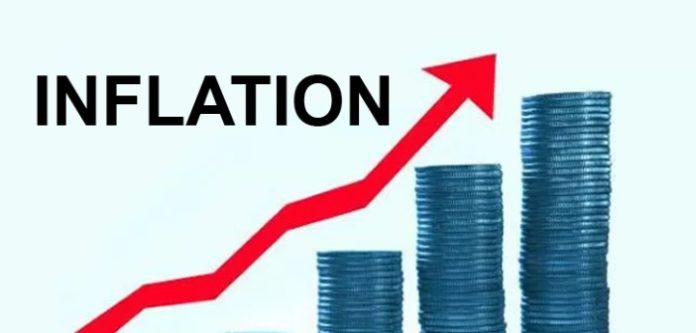Investors have reacted to the recent spike in consumer inflation to 12.2 percent in November 2021 – by demanding higher interest rates on government securities on the lower end of the yield curve to compensate for the current inflation risk.
This week yields on the 91-day Treasury bill increased to 12.51 percent from 12.47 percent, while yields on the 182-day and 364-day T-bills also inched upward marginally – from 13.19 percent to 13.20 percent and 16.36 percent to 16.57 percent, respectively.
Through the first half of 2021, inflation declined to a low of 7.5 percent in May-2021; prompting the Bank of Ghana to further reduce the policy rate to 13.5 percent in May-2021, which interest rates accordingly followed: resulting in a year-to-date change of 11.23 percent decrease for the 91-day Treasury bills and decline of 6.49 percent and 2.54 percent for the 182-day and 364-day Treasury bills respectively.
But the inflation curve, since mid-year, has changed with a steep climb to the current level of 12.2 percent; resulting in a tightening of monetary policy by the central bank, reversing the 100 basis points (bps) cut in May and pushing the policy rate back up to 14.5 percent.
Sharing his views with B&FT in an interview, Senior Investment Analyst at OctaneDC Limited, Kwadwo Acheampong, mentioned that investors’ response will be very indicative; however, the slight jump in yields is likely going to be short-lived.
“It’s very likely market interest rates could go up slightly. However, fuel prices have begun going down generally; and if this continues it is likely to pull down non-food inflation, and any rise in interest rates fuelled by inflation would be short-lived. Food inflation could keep the inflation rate high still,” the senior analyst said.
“A significant response by investors demanding an increase in rates on the market bids would be very indicative. We believe a slight jump is likely, but this may be short-lived if fuel prices continue to descend this month,” he emphasized.
Describing the impact of inflation spikes, Senior Economist with Databank, Courage Kingsley Martey, highlighted how this serves as a disincentive for investment – given the current period of the year.
“The current level of 12.2 percent is a further disincentive for investment; and at this time of the year when people would normally spend on festivities, higher prices would require higher cash balances to fund consumption spending…which would be a disincentive for investment,” he said.
Mr. Martey added that: “Furthermore, an investor who holds a 91-day Treasury bill and earns the prevailing nominal yield of 12.4 percent per annum faces the risk of this return being wiped out by inflation of over 12 percent. This discourages investment, unless there’s an upward adjustment in the nominal yields to compensate for the inflation risk.
“But we should also note that higher interest rates would impose more cost on government for deficit financing through domestic borrowing. Higher interest rates would also increase the cost of capital for private sector business expansion and growth.”







